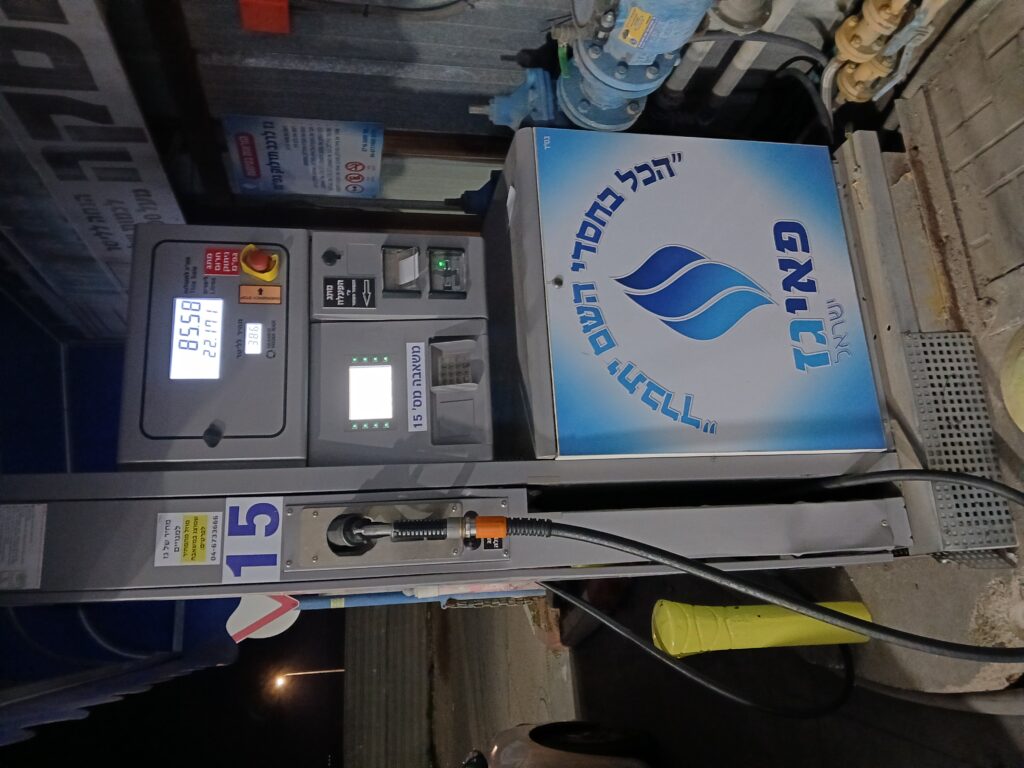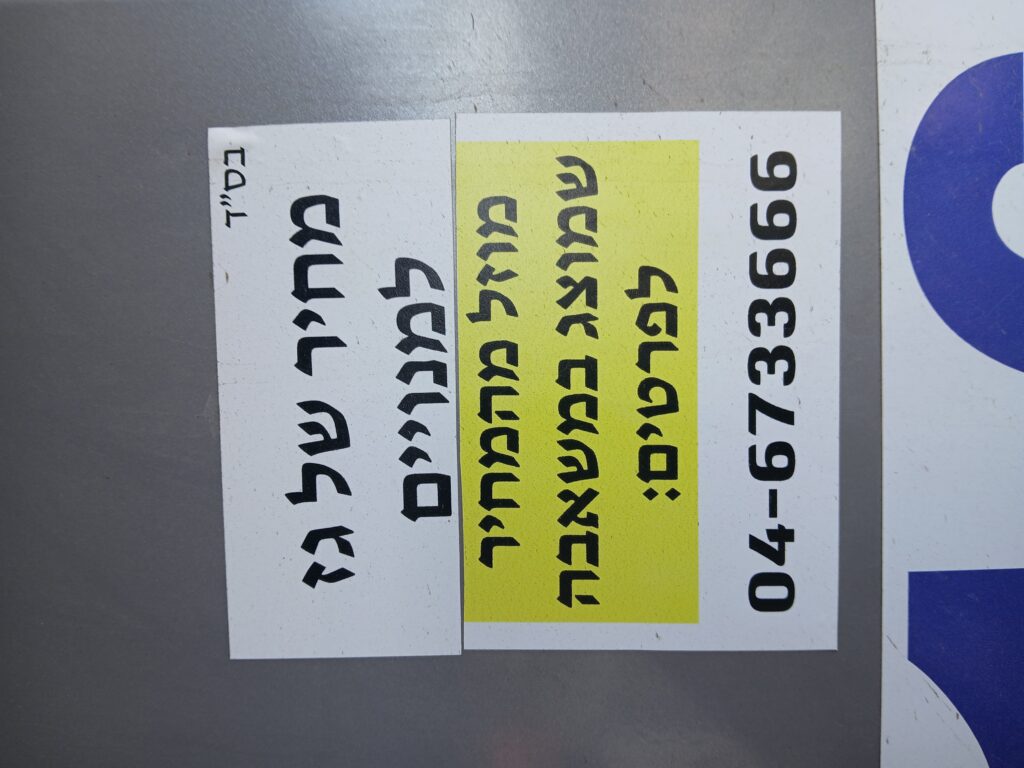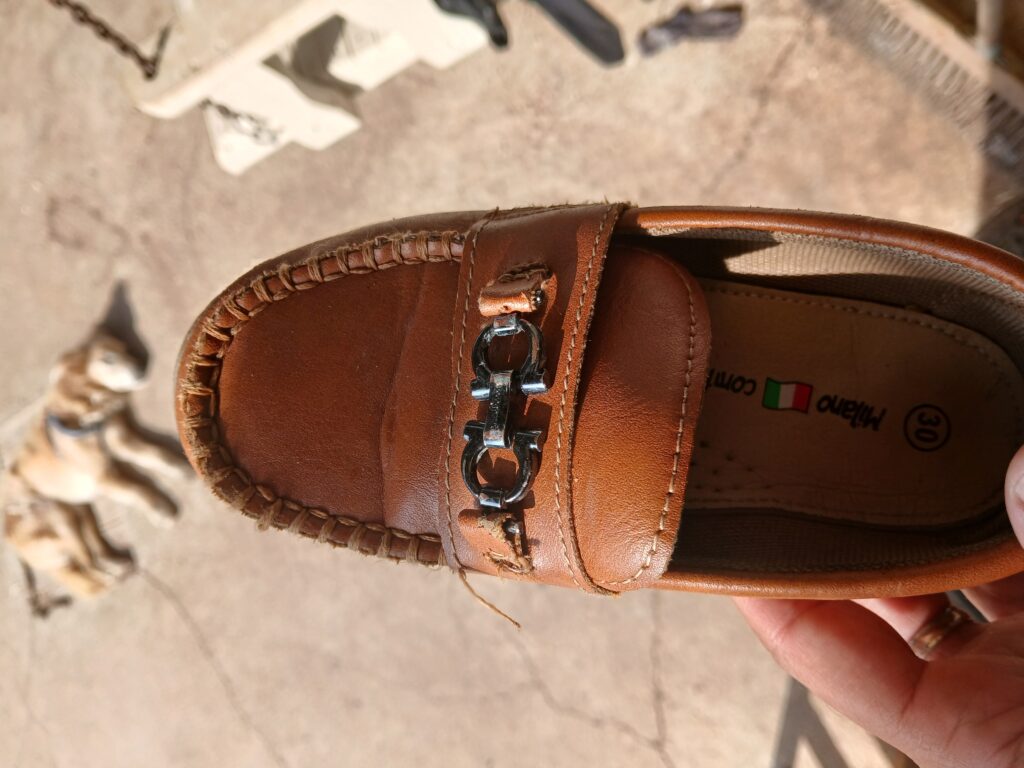When I shared that a number of people in our family eat zero carb and others eat a very high animal protein diet, people wondered how much we spend every month. I’ve carefully tracked every food item that I’ve purchased this past month, so that I can share with you what I bought and what I paid for it. For reference, I’ve also included the dates and the stores I shopped at.
Note: food is my highest budget item, meaning that this is the category I spend the most on every month.
January 6, 20255 – Yesh Chesed – 2264.44 – in conjunction with the price increases of Jan. 1, many stores ran excellent sales the first week.
- 21.45 kg meat x 49.90 – 1284.97
- 19.42 kg meat x 49.90 – 1163.26
- natural grape juice, 3 x 7.90 – 23.7
- tilapia – (on sale 14.90) – 2.144 kg – 31.95
- tilapia – 1.889 kg x 24.90 – 47.04 minus 8.56 sale discount- 38.48 total (only part of this purchase was at the sale price)
- sugar, 10x 3 – 30 shekels (usually 4.90 each)
There was a minimum purchase of 100 shekels on non sale items needed to get all of the above at the sale prices, so I bought:
- butter, 200 grams ( 11 x 8.90) – 97.90
- 1 sour cream – 2.70
January 6, 2025 – Yavniel supermarket – 7.84 – ingredients for group my teen leads
January 6, 2025 – Yavniel supermarket – 128.83
- carrots, 1.225 kg x 5.90 – 7.23
- 3 trays of eggs, 30 eggs each x 32 shekels – 96
- 3 challahs – 25.60
January 7, 2025 – Mishnat Yosef – 288.80
- carrots – 4.80
- Pink Lady apples – 13.2
- peanut butter, 4 x 7.5 – 30
- 7 trays of 30 eggs x 28.80 each – 201.60
- station fee (3) plus non food items – 39.20
January 9, 2025 – Rami Levi – 30.81, cheese, just short of a kilo for 31 shekels a kg
Jan. 11, 2025 – Shufersal – 4.60– 2 bananas (took two of the younger kids to an orthodontist appointment and wanted to get them a snack afterwards)
Jan. 11, 2025 – Rami Levi – 195.16
- whole chickens,6.78 x 18.90 – 128.18
- chicken hearts, .756 x14.90 – 11.42 (dog)
- chicken hearts, .840 x 14.90 – 12.52 (dog)
- tilapia – 2.60 x 19.90 – 51.74
January 14, 2025 – Mishnat Yosef – 180
- 1 package of fresh dill – 3.8
- vitamin d drops 2 x 29 – 58
- 4 trays of eggs, 30 eggs each – 28.8 x 4 – 115.20
- station fee – 3
January 21, 2025 – Mishnat Yosef – 232
- onions, 2 -2 kg bag – 3.75 kg x 4 – 15
- sweet potatoes, 2 kg – 10
- 4 honey, 900 grams – 17.90 x 4 – 71.60
- dried dates, 1 kg – 14.50
- 3 trays of eggs, 28.80 x 3 – 86.40
January 23, 2025 – Shufersal – 161.58
- seltzer (1.5 liters), six pack, 2 x 16.90 – 33.80
- cottage cheese, 6 shekels x 10 – 60
- 15% sour cream, 21 x 2.77 – 58.17
- red peppers – 1.595 x 5.90 – 9.41
January 23, 2025 – Rami Levi – 815.50 – this receipt seems to have gotten lost – it was whole chicken, chicken quarters, chicken thighs, 2 pkg chicken livers (for dog) and almost 3 kg of salmon (on sale for 50 shekels a kg)
Jan. 28, 2025 – Mishnat Yosef –266.20
- avocados, 5.90 kg x 3 kg – 17.60
- celery – 4.4
- parsley – 3.8
- sliced bread (750 gram loaf), 5.60 x 2 – 11.20
- 10 – 1 kg bags spelt flour – 76.50
- 4 trays of eggs, 28.80 – 115.20
- non food items – 34.50
- 3 shekel station fee
Jan.29, 2025 – butcher –1474.70
- ground beef, 20.99 kg x 50 – 1049.50
- ground beef fat, 10.63 kg x 40 – 425.2
January 29, 2025 – Rami Levi – 401.95
- chicken wings, 48.77 kg x 6.90 – 366.55
- chicken thighs, 2.989 kg x 21.90 – 65.46 (sale price for up to 3 kg, if there’s a purchase of non sale items over 75 shekels)
My total grocery purchases for January came out to 6487.48 shekels.
The total includes all food and also the odds and ends that I get at a supermarket that aren’t food. Our family of eight daily eaters includes 4 adults who have mostly animal products, 1 adult and three children who eat a heavily meat based diet but also have some produce and starches, and a medium sized dog.
At least one Shabbos a month (sometimes as much as three times a month) we host our married children and their families, in addition to one adult son who comes home for one Shabbos a month. Most of the refreshments for the boys’ group that my teen son runs also comes out of our food budget.
I set a goal to get down to 6000 for the month of January; in the last few months since adding two adult carnivores to the mix I’ve spent close to 7500 and I challenged myself to lower the expenses in this area. While I could have come in below 6000 if I delayed the last purchases made at the end of the month. However, I didn’t have any ground beef left, and I had the opportunity to get a large amount of chicken wings at an amazing price and don’t know if a week later that would have been the price, so I bought them when I had the opportunity.
Most of the chicken and meat I bought in the last week of January will be eaten in February. It all evens out, since at the end of December I bought a lot of meat that we ate in January.
Produce – We don’t eat a lot of produce but we do eat more than what it looks like from this post. You won’t see everything we use listed, only what we paid for. I’ll share more about produce in a separate post.
Bulk grocery purchases – This month I also did a bulk shopping run, which I do infrequently. (It’s been over a year and a half since my last bulk shopping trip.) Last month my husband took the car to work in Tel Aviv, which is not far from the bulk store, and to maximize the gas being spent, he stopped in to buy about 500 shekels of items there.
I purposely schedule a bulk shopping trip during a month that is lower in expenses. Averaging my spending for this over the year, it adds another 200 shekels to our monthly purchases. I’m including this shopping in the list of things I bought this month, but keeping the bulk order separate from the other food orders. If I need to refill anything that was bought in bulk during the coming year, it will be included in the monthly grocery category.
January 19, 2025 – 1326 – bulk shopping (the total includes 18% tax but the individual items are listed before the tax has been added)
- coconut cream, 1 liter carton x 12 – 138
- tuna fish, 1 kg vacuum pack x 12 – 258
- vinegar, 4 liter – 8.50
- tomato paste, A10 can (2.5 kg) x 2 – 42
- mini tuna cans, 95 grams – 2.75 x 12 – 33
- cocoa powder, 1 kg – 35
- baking soda, 1 kg – 5.20 x 3 – 15.60
- dried coconut strips, 1 kg – 31.50 x 2 – 63
- sunflower seeds, 1 kg – 13 x 2 – 26
- fish gelatin, 1 kg – 95
- walnuts, 1 kg – 35
- flax seeds, 1 kg – 5.30
- dried apples, 1 kg – 22 x 2 – 44
- cheddar cheese – 7.80 kg – x 32 – 282.80
- kashkaval cheese, 200 gr – 9 (I treated myself)
- dish soap, 18 kg bucket – 68
January 19, 2025 – 755.70 – bulk shopping
- 2 – 20 kg case coconut oil – 354 x 2 – 708 (this will last a year)
- 3 vanilla extract, 1 liter bottle – 15.90 x 3 – 47.70
Total bulk shopping – 2081.70
Total grocery shopping – 6487.51 shekels
For the month of February, I’m again setting a goal of 6000 shekels for groceries. Let me know if you found this breakdown helpful, and if you’d like to see me track the breakdown again!
How much do you spend on your monthly food shopping, and how many people are you feeding? Do you have any questions about the shopping I did? Share in the comments!
Avivah







